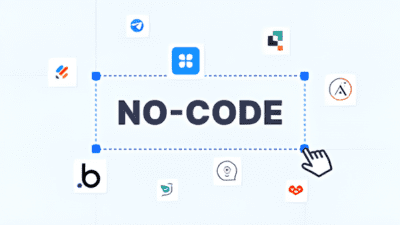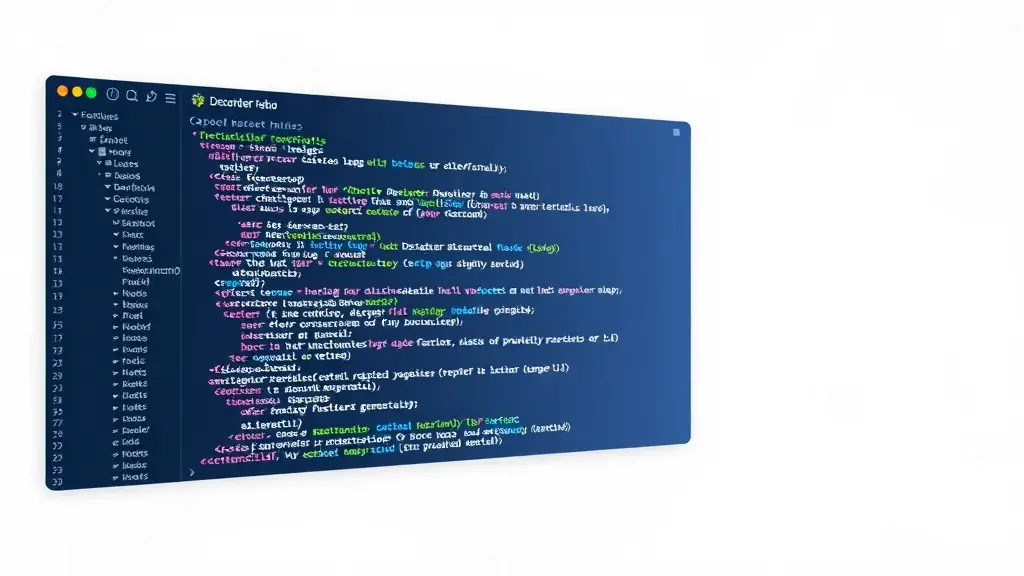Coding bootcamps have gained immense popularity in recent years as an alternative to traditional education. These intensive programs offer hands-on training in programming and web development, allowing students to acquire skills quickly. As the demand for tech talent continues to rise, bootcamps are stepping up to fill the gap, providing a practical approach to learning that appeals to many. The future of coding bootcamps looks promising as they adapt to the evolving needs of the industry.
One of the key advantages of coding bootcamps is their focus on real-world applications. Unlike traditional degree programs, bootcamps emphasize project-based learning, enabling students to build a portfolio that showcases their skills. This practical experience is invaluable when entering the job market, as employers often seek candidates with demonstrable abilities. Additionally, many bootcamps offer job placement assistance, further enhancing their appeal.
However, the landscape of coding bootcamps is also changing. As more institutions enter the space, competition is increasing, leading to a wider variety of programs and pricing options. This evolution is beneficial for students, as it allows them to choose a bootcamp that aligns with their goals and budget. Ultimately, coding bootcamps are likely to continue playing a significant role in tech education, providing accessible pathways for individuals to enter the tech industry.




